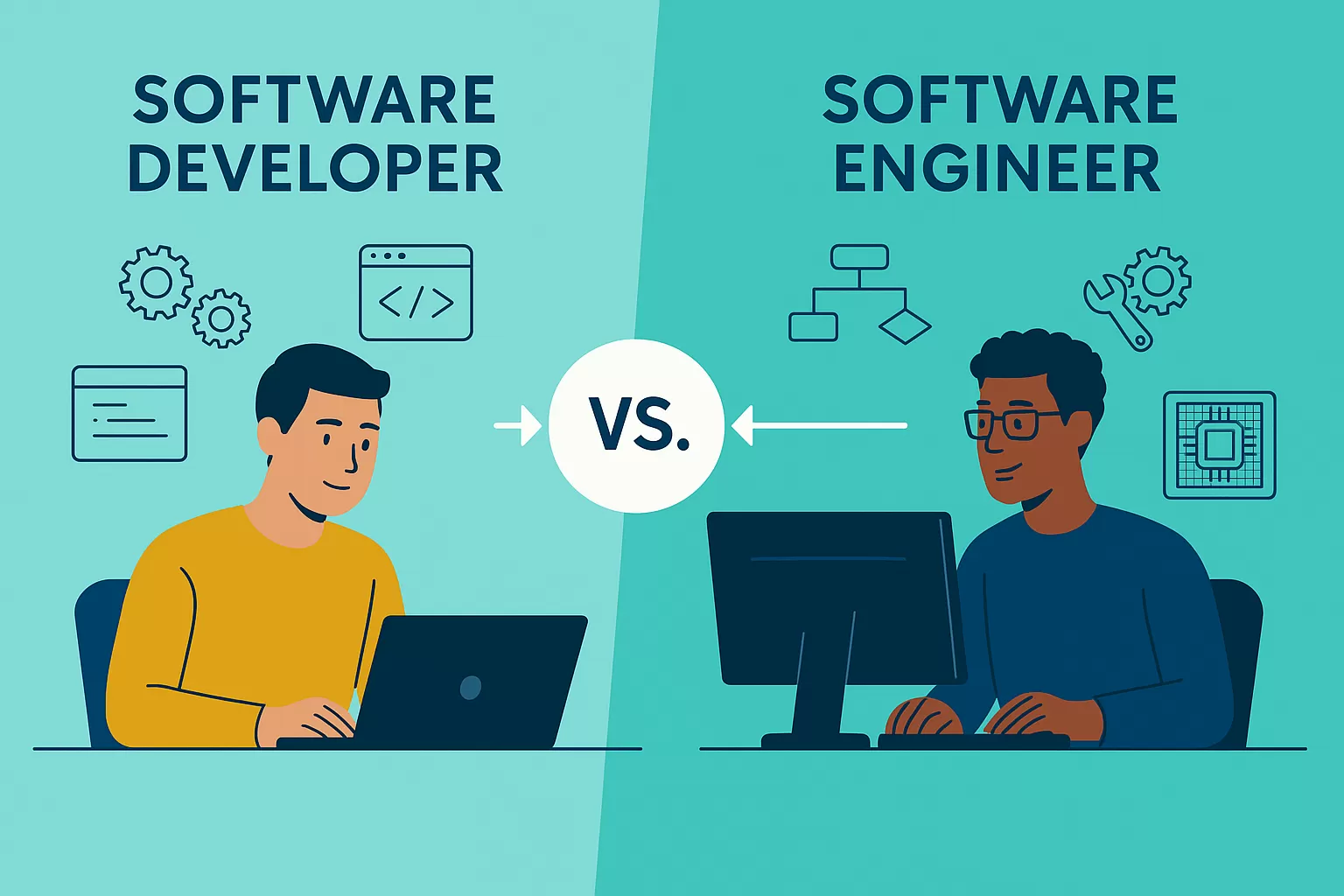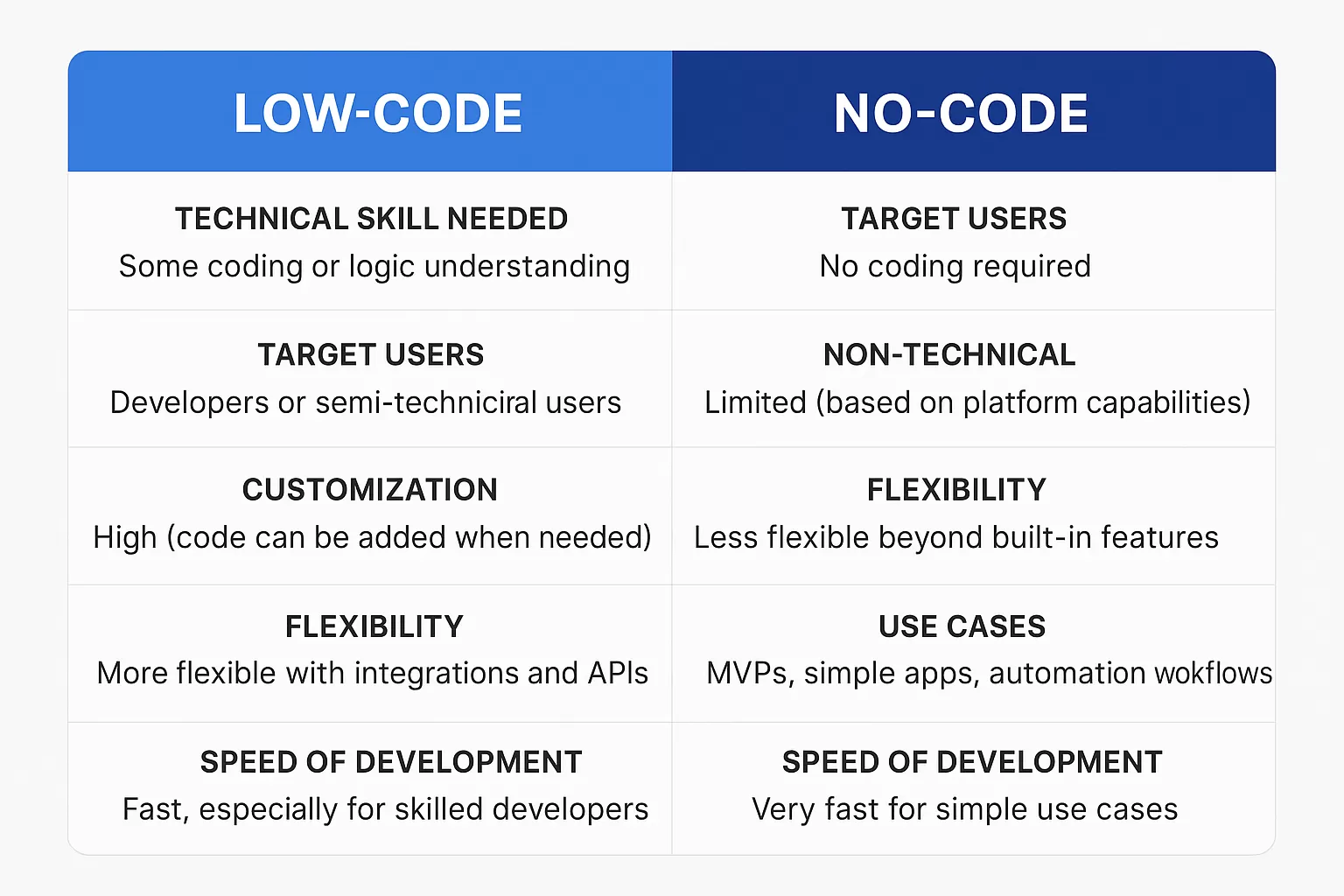The role of Artificial Intelligence (AI) in shaping political campaigns is rapidly evolving, offering innovative ways to target voters, craft personalized messages, and even analyze large amounts of data to guide strategic decisions. However, the application of AI in politics raises critical ethical considerations and implications that need to be carefully examined. Here's a detailed breakdown of how AI is shaping political campaigns, its potential benefits, and the ethical challenges associated with it:
1. Voter Targeting and Microtargeting
- AI-Powered Data Analytics: Political campaigns are increasingly using AI algorithms to analyze vast amounts of data (from social media activity, online behavior, and public records) to build detailed voter profiles. This data is used to create highly targeted messages tailored to specific voter groups, preferences, or even individual voters.
- How It Works: AI can help campaigns to segment the electorate more precisely based on factors like age, income, geography, and political ideology. It can also analyze social media activity and online behavior to predict a voter’s likely preferences or concerns, allowing campaigns to craft personalized messages that resonate with each individual.
- Ethical Concerns:
- Manipulation: Microtargeting can lead to the manipulation of voters, especially when campaigns use sensitive personal information to influence voter decisions based on emotions, fears, or biases.
- Lack of Transparency: AI-driven microtargeting lacks transparency, making it difficult for voters to understand why they are being targeted with specific ads or messages.
- Exploitation of Vulnerabilities: AI can exploit psychological vulnerabilities, targeting voters with messages designed to exploit fear, anger, or confusion, particularly when they are more susceptible to such influences.
2. Content Creation and Deepfakes
- AI-Generated Content: AI technologies, particularly Natural Language Processing (NLP) and generative adversarial networks (GANs), are being used to create persuasive campaign ads, speeches, and social media posts. AI can quickly generate large amounts of content, making campaigns more agile and responsive to news cycles and voter sentiment.
- Deepfakes and Misinformation: AI is also used to create deepfake videos or audio clips that can manipulate public perception by making it appear as though political candidates or figures are saying or doing things they never actually did. These deepfakes can be spread through social media, leading to the potential for massive misinformation and disinformation campaigns.
- Ethical Concerns:
- Misinformation and Trust: Deepfakes and AI-generated content can severely undermine trust in political figures, leading to the spread of fake news or altered events that distort public understanding of key issues.
- Accountability: When AI is used to create misleading content, it can be hard to trace the origin of such materials and hold the responsible parties accountable.
3. Sentiment Analysis and Opinion Shaping
- AI Sentiment Analysis: Campaigns use AI to analyze social media posts, news articles, and other online content to gauge public opinion on various issues or candidates. AI models can process large volumes of unstructured data to determine the overall sentiment of voters towards specific topics or political figures.
- How It Works: By tracking sentiment across different platforms, campaigns can adjust their messaging in real time, addressing emerging concerns or reinforcing popular positions. AI can also help campaigns identify influential social media users or communities whose opinions can sway larger groups.
- Ethical Concerns:
- Emotional Manipulation: AI tools that analyze sentiment can be used to manipulate voters' emotions and influence their behavior, playing on fear or anger rather than fostering healthy political discourse.
- Exploitation of Echo Chambers: AI algorithms can reinforce echo chambers by targeting voters with messages that confirm their existing beliefs, leading to polarization and further entrenching ideological divides.
4. Predictive Analytics and Election Outcome Forecasting
- AI for Predicting Outcomes: Political campaigns use AI models to predict voter behavior, analyze polling data, and simulate different electoral scenarios. By processing massive datasets from historical elections, social media trends, and demographic shifts, AI can help campaigns forecast outcomes with greater accuracy.
- How It Works: AI models can identify patterns and correlations within large datasets, providing campaigns with insights into swing states, voter turnout trends, and key issues driving electoral outcomes. This helps candidates make strategic decisions about where to focus their efforts.
- Ethical Concerns:
- False Confidence: Over-reliance on AI predictions could create false confidence in campaign strategies, leading to a focus on areas or issues that are not as pivotal as the AI models suggest.
- Impact on Voter Turnout: AI predictions about voter behavior may influence how campaigns target certain demographics, potentially discouraging voter turnout in certain areas by assuming those areas are not winnable.
5. Voter Suppression and AI-Driven Manipulation
- AI-Driven Voter Suppression: AI can be used to identify vulnerable or disenfranchised voter groups and target them with misleading information about voting dates, registration requirements, or candidate policies. In some cases, AI could even be used to spread disinformation that deters voters from participating in elections altogether.
- How It Works: AI can analyze social media trends to identify marginalized communities and then craft specific messaging aimed at suppressing their votes. This could include false claims about voter ID laws, polling locations, or candidates’ positions on key issues.
- Ethical Concerns:
- Disenfranchisement: AI-enabled voter suppression tactics are a serious threat to democracy, as they can disproportionately affect certain groups, particularly minorities, the elderly, and those with lower socioeconomic status.
- Manipulation of Political Discourse: AI’s ability to create hyper-targeted messages can be used to undermine trust in democratic institutions and processes, encouraging cynicism and alienation.
6. The Impact on Democracy
- Democratic Integrity: The integration of AI in political campaigns can challenge the principles of democratic decision-making, as it may prioritize highly targeted, emotionally charged content over the promotion of rational debate or evidence-based policy discussions.
- How It Works: AI can be used to generate content that aims to influence voters based on psychographic profiles, playing on their emotions rather than informing them. This reduces the quality of public discourse and could skew democratic outcomes.
- Ethical Concerns:
- Erosion of Informed Voting: AI-driven political campaigns may prioritize persuasion over providing voters with the information they need to make informed choices. This compromises the foundation of democracy, which depends on informed citizen participation.
- Undue Influence: Wealthy or technologically advanced political organizations may have an unfair advantage over less-resourced candidates or parties, widening the gap in political influence.
7. Accountability and Transparency in Political Campaigns
- Lack of Oversight: AI-driven political campaigns operate in a largely unregulated space, raising concerns about accountability and transparency. Campaigns using AI can deploy tactics that are difficult to monitor or audit, such as targeted ads or fake news, making it harder to hold political entities accountable for the effects of their actions.
- Ethical Concerns:
- Opaque Practices: The algorithms behind AI models used in political campaigns can be proprietary or opaque, making it difficult for regulators or the public to assess their impact or fairness.
- Manipulation without Consequences: AI could enable covert manipulation of elections without clear accountability, undermining trust in the political system.
Conclusion: Ethical Dilemmas and the Path Forward
The integration of AI in political campaigns offers substantial opportunities for efficiency, precision, and personalized voter outreach, but it also presents significant ethical challenges. From voter manipulation and misinformation to erosion of democratic values, the use of AI in politics requires careful consideration of privacy, transparency, accountability, and the integrity of the electoral process.
To ensure that AI serves the best interests of democracy, policymakers must create regulations that address:
- Transparency in AI-driven campaigns
- Ethical guidelines for using personal data and targeting tactics
- Measures to prevent AI-based voter suppression and misinformation
- Accountability for AI-generated content and outcomes
Balancing the potential of AI with ethical responsibility will be crucial in maintaining the trust of the electorate and safeguarding the democratic process.











